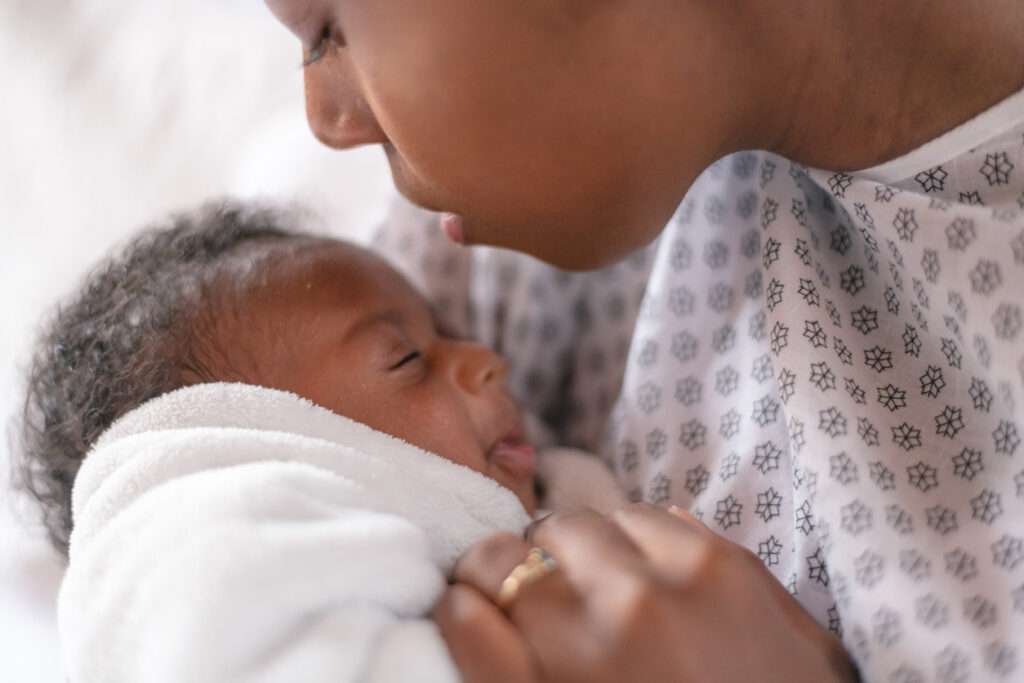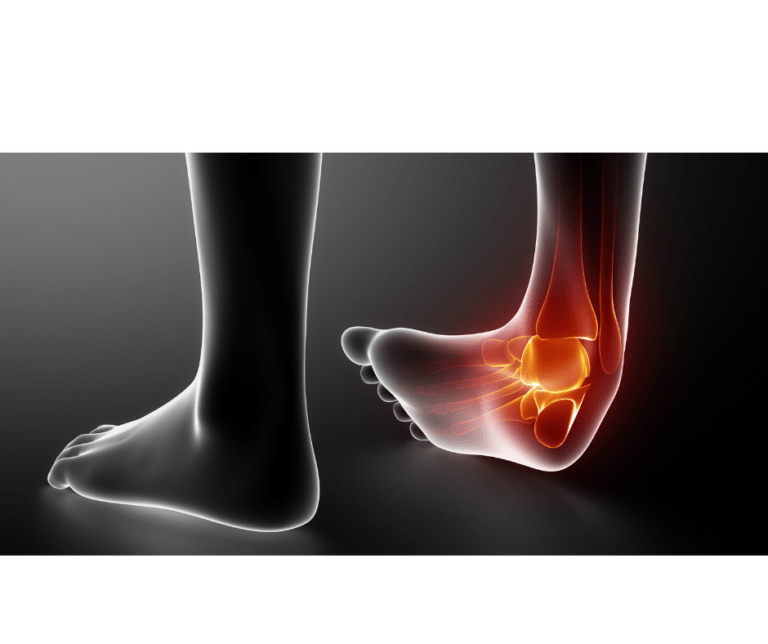March of Dimes released its 2024 Report Card, revealing Texas’ preterm birth rate remains high at 11.1% while health disparities persist among racial and ethnic groups.
This year’s report details the “persistent challenges” in maternal and infant health across the state, with the state receiving a D in maternal and infant health, a news release stated.
The report revealed chronic conditions like hypertension and diabetes remain big risk factors in maternal health, with pre-pregnancy hypertension rising over 10% nationally from 2022 to 2023, impacting more than 3% of live births. The Report Card also highlights trends in prenatal care that bring concern. In Texas, rates of inadequate prenatal care persist. Individuals without prenatal care face preterm birth rates nearly 9% higher than those receiving adequate care.

“In order to save lives and support healthy pregnancies and births, it’s critical that we work to improve outcomes and eliminate health disparities across our country,” said Dr. Amanda P. Williams, Interim Chief Medical Officer at March of Dimes. “Our work must focus on equitable, science-backed solutions that address these challenges from all sides—through public health, policy advocacy, and community-based programs that support moms and babies.”
“Every baby deserves the chance for a healthy start, yet the data continue to show unacceptable health outcomes for far too many families,” said Cindy Rahman, March of Dimes Interim President and CEO. “March of Dimes is committed to advocating for policies that make healthcare more accessible like Medicaid expansion, addressing the root causes of disparities, and increasing public awareness of effective solutions like our Low Dose, Big Benefits campaign, which supports families and communities to take proactive steps toward healthy pregnancies.”

Here are some overall key findings from the 2024 Report Card for Texas:
- Preterm birth: The preterm birth rate in Texas was 11.1% in 2023, lower than the rate in 2022.
- Inadequate prenatal care: 22% of birthing people did not receive adequate prenatal care.
- Maternal mortality: The maternal mortality rate in the state is 28.2 per 100,000 births.
- Infant mortality: The infant mortality rate decreased in the last decade; In 2022, 2,228 babies died before their first birthday.
- Environmental exposure: Exposure to extreme heat or air pollution can increase the risk of poor maternal and infant health outcomes, including preterm birth.
The latest data shows that more than 6 million women live in counties with no or limited access to maternity care services, a situation exacerbated by recent hospital closures and reductions in obstetric services.
Source: March of Dimes








